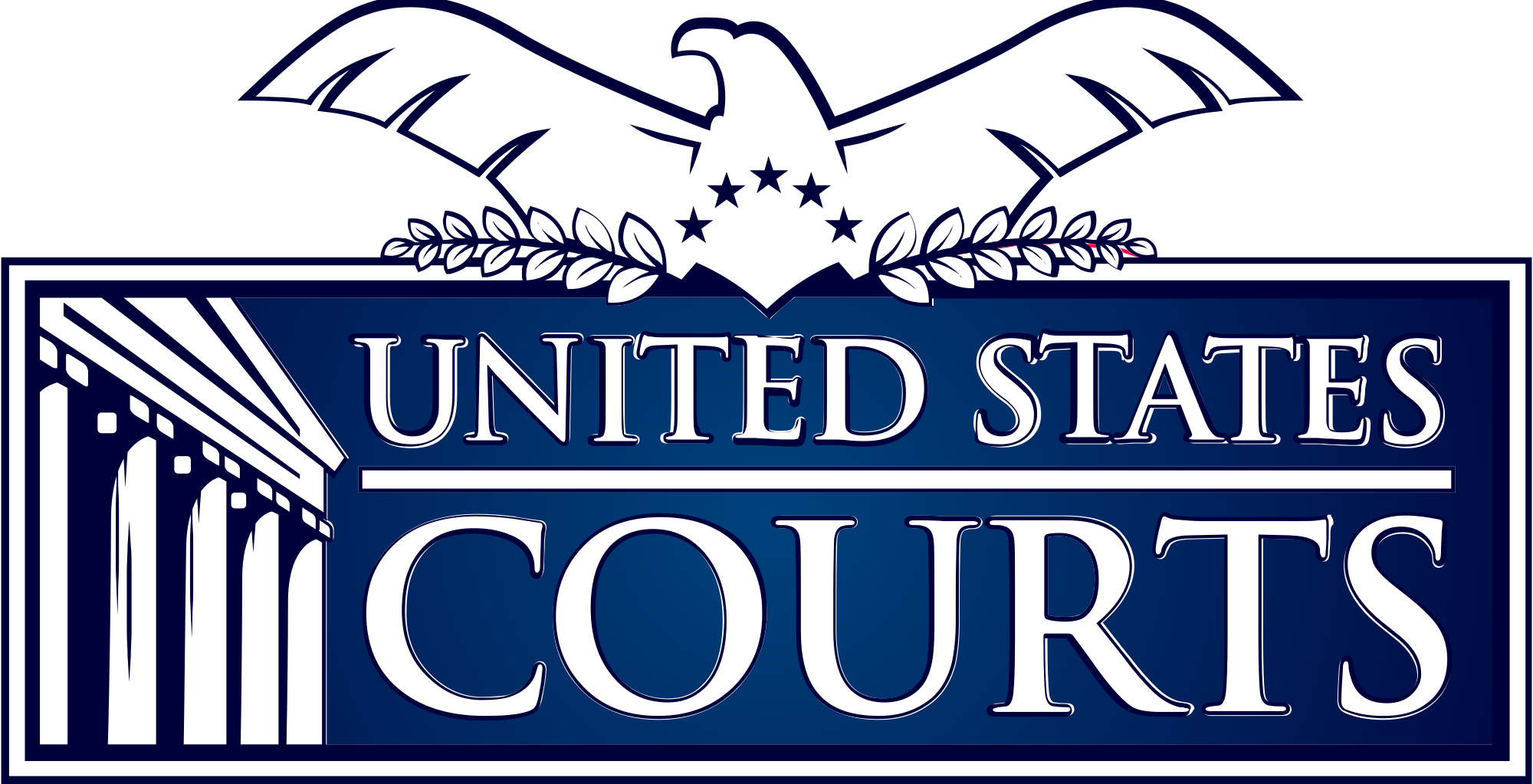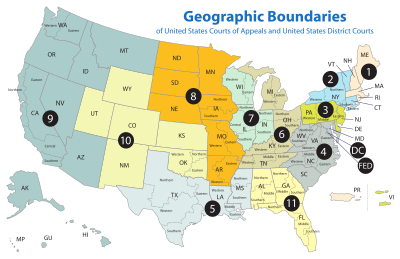Why Will Filing A Title III Lawsuit Cost Each Of The Potential 913 Certified Plaintiffs US$6,548.00?
/Why Does Filing A Title III Lawsuit Cost US$6,548.00?
Followers of commercial, economic and political issues relating to the Republic of Cuba have focused during the last months on what, if anything, the Trump Administration will do with respect to provisions (Title III and Title IV) of the Cuban Liberty and Solidarity Act of 1996, known as the “Libertad Act” and as “Helms-Burton.” A decision is expected by 17/18 March 2019.
The cost of filing a lawsuit using the Title III provision of Libertad has been a focus of attention. The following is a timeline from the Office of the Judicial Conference Secretariat of the Administrative Office of the United States Courts:
“The 26-member Judicial Conference is the policy-making body for the federal court system. By statute, the Chief Justice of the United States serves as its presiding officer and its members are the chief judges of the 13 courts of appeals, a district judge from each of the 12 geographic circuits, and the chief judge of the Court of International Trade. The Conference meets twice a year to consider administrative and policy issues affecting the court system, and to make recommendations to Congress concerning legislation involving the Judicial Branch.”
From Judicial Conference Proceedings:
September 1996: “MISCELLANEOUS FEE - CUBAN LIBERTY AND DEMOCRATIC SOLIDARITY ACT. The Cuban Liberty and Democratic Solidarity Act of 1996 (Public Law No. 104-1 14) authorizes United States citizens claiming ownership of property confiscated by the Cuban government on or after January 1, 1959, to sue any "person" who traffic in that property. The Act requires the Judicial Conference to establish a fee for filing these actions "at a level sufficient to recover the costs to the court of actions brought under this section." The Judicial Conference approved a Court Administration and Case Management Committee recommendation that, pursuant to the revenue-neutral mandate imposed by Congress, a miscellaneous fee of US$4,180.00 be established for cases filed under this Act.”
September 2003: The Committee on Court Administration and Case Management undertook a comprehensive review of the miscellaneous fees set by the Judicial Conference for the courts of appeals, the district courts, the United States Court of Federal Claims, the bankruptcy courts, and the Judicial Panel on Multidistrict Litigation, pursuant to 28 U.S.C. §§ 1913, 1914, 1926, 1930, and 1932, respectively, and recommended several changes, including adjustments for inflation, specific fee increases, establishment of new fees, and clarification of certain provisions, as specifically noted below. The Committee’s recommendations were endorsed in relevant part by the Budget and Bankruptcy Committees. Inflationary increases. In September 1996, the Judicial Conference raised certain miscellaneous fees to account for inflation and rising court costs (JCUS-SEP 96, p. 54). At that time, the Committee on Court Administration and Case Management determined that it would be appropriate to review the miscellaneous fee schedules approximately every five years to determine if any inflationary adjustments were warranted. At this session, the Conference approved a recommendation of the Committee to adopt inflationary increases to most miscellaneous fees.
September 2011: “On recommendation of the Court Administration and Case Management Committee, the Conference determined to raise many of these fees to account for inflation, as set forth below, effective November 1, 2011. These fees have not been adjusted for inflation since 2003: 13. Cuban Liberation Civil Filing Fee- Current Fee US$5,431.00. New Fee US$6,355.00.”
September 2016: “MISCELLANEOUS FEE SCHEDULES Inflationary Fee Increases. The Judicial Conference prescribes miscellaneous fees for the courts of appeals, district courts, United States Court of Federal Claims, bankruptcy courts, and Judicial Panel on Multi district Litigation, pursuant to 28 U.S.C. §§ 1913, 1914, 1926, 1930, and 1932, respectively. On recommendation of the Court Administration and Case Management Committee, the Conference raised many of these fees to account for inflation, as set forth below, effective December 1, 2016. The last time miscellaneous fees were increased for inflation was in September 2011. Cuban Libertad Act Filing: Current Fee US$6,355.00. New Fee US$6,548.00.”
September 2018: “For filing an action brought under Title III of the Cuban Liberty and Democratic Solidarity (LIBERTAD) Act of 1996, P.L. 104-114, 110 Stat. § 785 (1996), $6,548. (This fee is in addition to the filing fee prescribed in 28 U.S.C. § 1914(a) for instituting any civil action other than a writ of habeas corpus.)
Related: 28 U.S. Code § 1914 - District court; filing and miscellaneous fees; rules of court (a) The clerk of each district court shall require the parties instituting any civil action, suit or proceeding in such court, whether by original process, removal or otherwise, to pay a filing fee of $350, except that on application for a writ of habeas corpus the filing fee shall be $5.”
Certified Claims Background
There are 8,821 claims of which 5,913 awards valued at US$1,902,202,284.95 were certified by the USFCSC and have not been resolved for nearing sixty years. The USFCSC permitted interest to be accrued in the amount of 6% per annum; with the current value of the 5,913 certified claims approximately US$8,521,866,156.95.
The first asset to be expropriated by the Republic of Cuba was an oil refinery in 1960 owned by White Plains, New York-based Texaco, Inc., now a subsidiary of San Ramon, California-based Chevron Corporation (USFCSC: CU-1331/CU-1332/CU-1333 valued at US$56,196,422.73).
The largest certified claim (Cuban Electric Company) valued at US$267,568,413.62 is controlled by Boca Raton, Florida-based Office Depot, Inc. The second-largest certified claim (International Telephone and Telegraph Co, ITT as Trustee, Starwood Hotels & Resorts Worldwide, Inc.) valued at US$181,808,794.14 is controlled by Bethesda, Maryland-based Marriott International. The smallest certified claim is by Sara W. Fishman in the amount of US$1.00 with reference to the Cuban-Venezuelan Oil Voting Trust.
The two (2) largest certified claims total US$449,377,207.76, representing 24% of the total value of the certified claims. Thirty (30) certified claimants hold 56% of the total value of the certified claims. This concentration of value creates an efficient pathway towards a settlement.
Title III of the Cuban Liberty and Democratic Solidarity (Libertad) Act of 1996 requires that an asset had a value of US$50,000.00 when expropriated by the Republic of Cuba without compensation to the original owner.
Of the 5,913 certified claims, 913, or 15%, are valued at US$50,000.00 or more. Adjusted for inflation, US$50,000.00 (3.70% per annum) in 1960 has a 2019 value of approximately US$427,267.01. The USFCSC authorized 6% per annum, meaning the 2019 value of US$50,000.00 is approximately US$1,649,384.54.
LINK To Analysis In PDF Format





